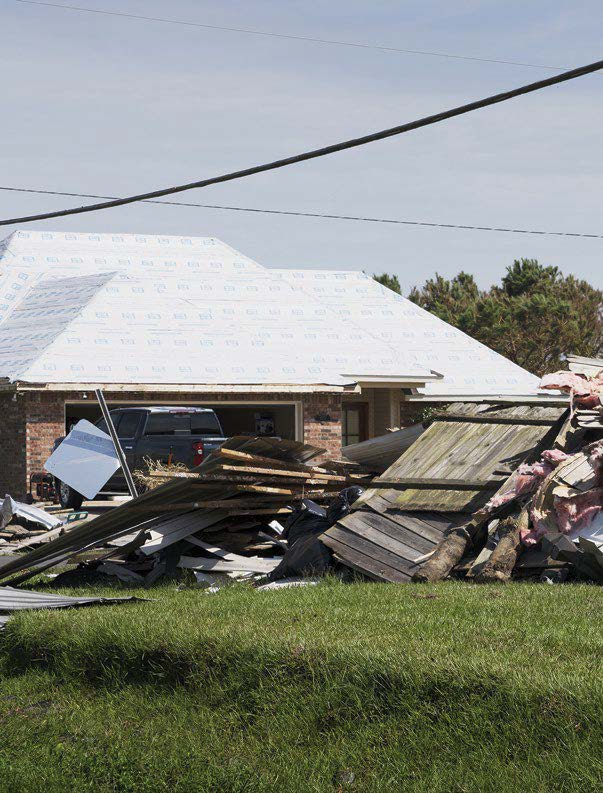The planning phase helps you determine what information you need to collect (e.g., setting objectives) and how you will collect it (e.g., determining the assessment method). Having a clear plan from the beginning will help guide what questions to ask, who should participate in the assessment, and how to analyze and report the data.
Step 1: Setting objectives
An important first step is to determine what your objectives are. This will help you choose which questions are most relevant to your objectives and help ensure that you are not collecting data that you do not need.
Complete the following statement to help identify your objectives:
I want to better understand ______________________.
Example(s):
- “I want to better understand what specific services pregnant women needed after the most recent hurricane that shut down our city.”
- “I want to better understand what services are needed for women who are trying to become pregnant while under stay at home orders due to a pandemic.”
- “I want to better understand what resources caretakers needed during the most recent pandemic.”
Once you have determined your overall objectives, list the types of specific information that you would like to learn to help you meet your overall objectives.
Use the exercise below to identify the specific information you would like to know.
I would like to specifically know:
- ______________________
- ______________________
Example(s):
I would like to specifically know:
- Did caretakers need diapers, formula, or other specific resources to care for infants?
- Did pregnant women living in my city need medical services after the hurricane?
Conducting assessments before, during, and after a disaster
Conducting assessment prior to, during, and after a disaster can help you prepare and respond to your community’s changing needs.
This toolkit primarily is focused on conducting an assessment after a disaster as it is not always possible to predict when one will occur. However, this guide and the sample assessments can be easily used before or during a disaster.
If you collect data before, during, and after a disaster, you can also compare findings to see how needs changed over time. This can also help you identify lessons learned for future incidents.
Before a disaster (Preparation)
If you are a staff member at a local health department, you may be interested in conducting assessments periodically to keep track of health and other needs. Knowing if certain areas in your community or certain populations need additional support can help you prepare how to provide services and supplies in advance. Understanding who you will need to request services or supplies from and who will need them, can help you put together a plan for how to respond when there is a disaster. Keep in mind you many need several plans for different types of disasters. A plan for how to respond to an earthquake, flood, or hurricane may be very different than how you would respond to a pandemic like COVID-19.
Most questions in the assessments can be used before a disaster. Only a few questions that ask specially about needs after a disaster would need to be revised.
For example, the question “Did you have difficulty getting any of the following items to take care of your baby because of the disaster? Select all that apply” can be adapted to “Do have difficulty getting any of the following items to take care of your baby? Select all that apply”.
During a disaster (Response)
Conducting an assessment during a disaster helps you understand what is happening in your community and how their needs are changing. In an emergency, health care facilities, schools, grocery stores, and other services can be overloaded, impossible to reach, or even destroyed. Knowing what changes are happening will help you change your response to the community’s needs.
Almost all questions in the assessments can be used during a disaster. Only a couple questions may need to be revised to refer to the disaster in present tense.
For example, the question “Did you experience any of the following because of the disaster? Select all that apply” can be adapted to “Do you experience any of the following because of the disaster? Select all that apply”.
After a disaster (Recovery)
Many disasters have long term effects even after the event has passed. Conducting an assessment after a disaster helps you understand what recovery efforts are still needed. All questions in the assessments can be used after a disaster.

